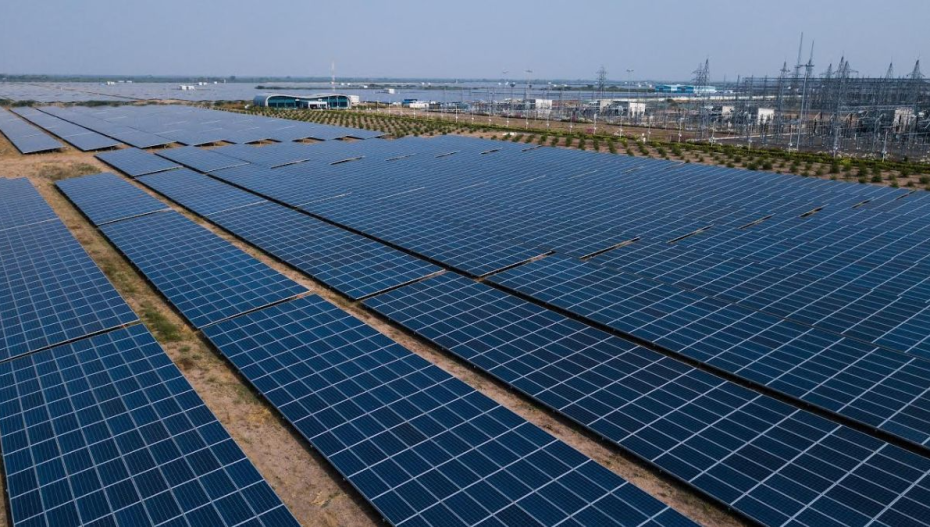With Gujarat leading the country in its renewable energy goals with a 100GW capacity target by 2030, it is also paving the way of it being the one of the largest generators of solar waste in India.
According to a recent study commissioned by the ministry of new and renewable energy (MNRE), the state is likely to generate a whopping 11,528 tonnes of solar waste in the next six years.
Thus, if the projections come true, Gujarat will be just behind Rajasthan, which will generate 13,487 tonnes — all from the existing capacity alone.
The study says India will deploy about 225GW of new solar capacity between FY24 and FY30, leading to 6,00,000 tonnes of additional solar waste. The same target for Gujarat is 100GW according to the latest targets, which means an additional 70GW capacity from the current installed capacity of 30 GW.
Over 67% of India’s total solar waste by 2030 will be generated by just five states, including Gujarat, Karnataka, and Tamil Nadu.
This development makes solar PV recycling a top priority for governments. The Gujarat Pollution Control Board (GPCB) is reportedly in the process of preparing an action plan to implement a circular economy in various industries, one of them being solar.
Sources said the government was in the process of forming a policy and a regulatory framework to encourage solar panel recycling. However, solar waste recycling infrastructure in India is still nascent, with no commercially operational recycling facility.
Large-scale solar installations have already begun, and each solar panel has a shelf-life of 25 years under ideal conditions which may reduce depending on its maintenance and other environmental and external factors. For green energy transition to be green in a true sense, there is an urgent need for a policy by the state and central governments to incentivise solar recycling industries alongside investments, say experts.
A comprehensive database of the installed solar capacity must be prepared, and recycling must be enabled through a certified recycler, they say. The data on waste received and waste reused must also be maintained.
The report also recommends that manufacturers and solar project developers must setting up waste management systems to comply with upcoming regulations.













